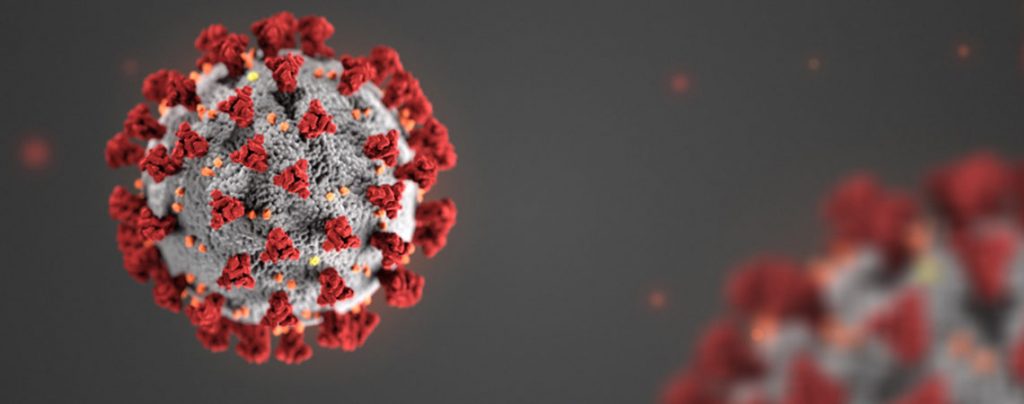If you are looking for basic information about what you can do to prevent the spread of the novel coronavirus that causes COVID-19, please visit this page on our website.
We’ve compiled the latest prevention and health care guidance about COVID-19 from the Boston Public Health Commission (BPHC), Massachusetts Department of Public Health (DPH), and the United States Centers for Disease Control and Prevention (CDC) and presented it for you so it’s easy to navigate. We are monitoring this guidance daily and regularly updating the page.
If you’re looking for more information about the novel coronavirus, here are additional resources covering the science, research, epidemiology, health care, and policy stories related to COVID-19.
The Journal of the American Medical Association has created a COVID-19 resource center on its main website that collects in one place all of the research, opinion, and educational content related to COVID-19 that has been published in each the JAMA Network’s 13 journals. These include podcast interviews with scientists, doctors, and researchers, including NIAID’s Anthony Fauci, and publications on infection control and public health preparedness. Most of the content is free to the public.
The New England Journal of Medicine is making all of its papers and articles related to COVID-19 free to the public. These include “Perspective” essays on what it will take to quickly develop a vaccine for COVID-19 and looming medical supply shortages, and a case series report on 24 patients in the Seattle region treated for COVID-19.
The Johns Hopkins Center for Health Security sends out a daily email that concisely recaps important scientific and global news about COVID-19 with links to original sources. Sign up here.
Stat News is a subscription-based news service covering the life sciences, biotech, and medical fields for a lay audience. But William Hanage, a professor of epidemiology at the Harvard School of Public Health, says of Stat’s coverage of COVID-19: “There is no single place on the internet that I would go to better update myself on the diversity of views that are out and circulating.” All of Stat’s coronavirus coverage is being published free to the public.
In the absence of a government database tracking cases of COVID-19 in the United States, the New York Times began collecting data from federal, state, and local reports. It has created a detailed graphic of COVID-19 cases across the country that is updated several times a day with new data. The Times is also collecting as much demographic data as it can on each case and sharing this raw data via Github in the hopes of assisting researchers and policymakers as they make decisions to slow the pandemic.
Bara Vaida is an editor on infectious disease issues for the Association of Health Care Journalists. She has created a public Twitter list titled “Coronavirus Experts.” The list is made up of epidemiologists, virologists, scientists and researchers, medical specialists in infectious diseases, and former high level officials at CDC, the Food and Drug Administration, and other public and civic entities with expertise on responding to threats to public health.
EPIDEMIC is a new weekly podcast on the novel coronavirus and COVID-19. It is co-hosted by Dr. Celine Gounder, an infectious disease specialist and epidemiologist who has worked on tuberculosis and HIV in sub-Saharan Africa, and was an Ebola worker during the West African epidemic, and Ron Klain, the U.S. Ebola czar from 2014 to 2015. Recent episodes have covered what it will take to flatten the curve and the potential impact of the coronavirus on our health care system.


